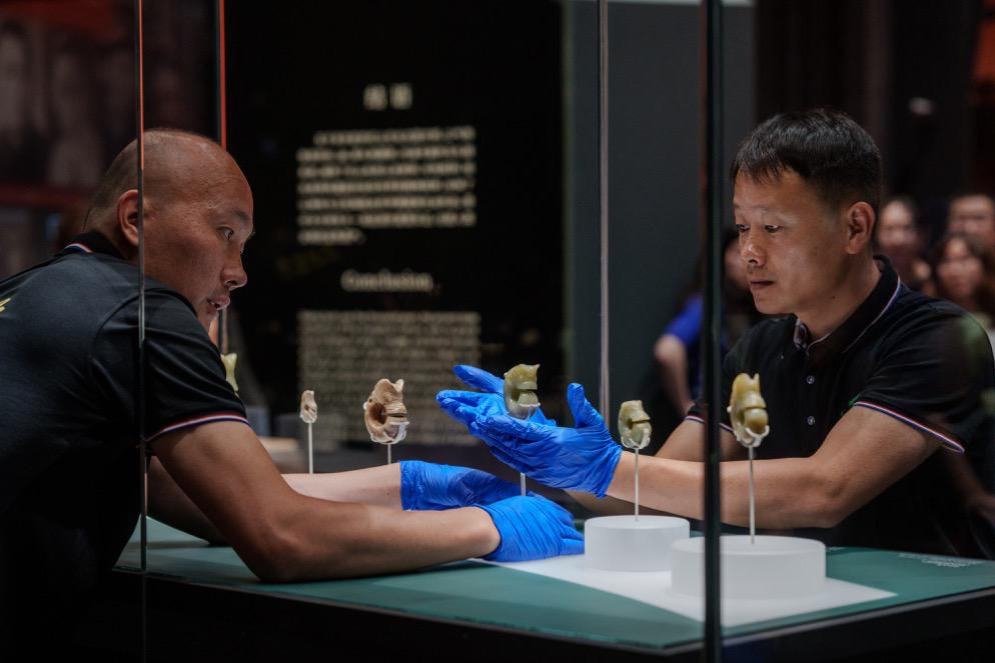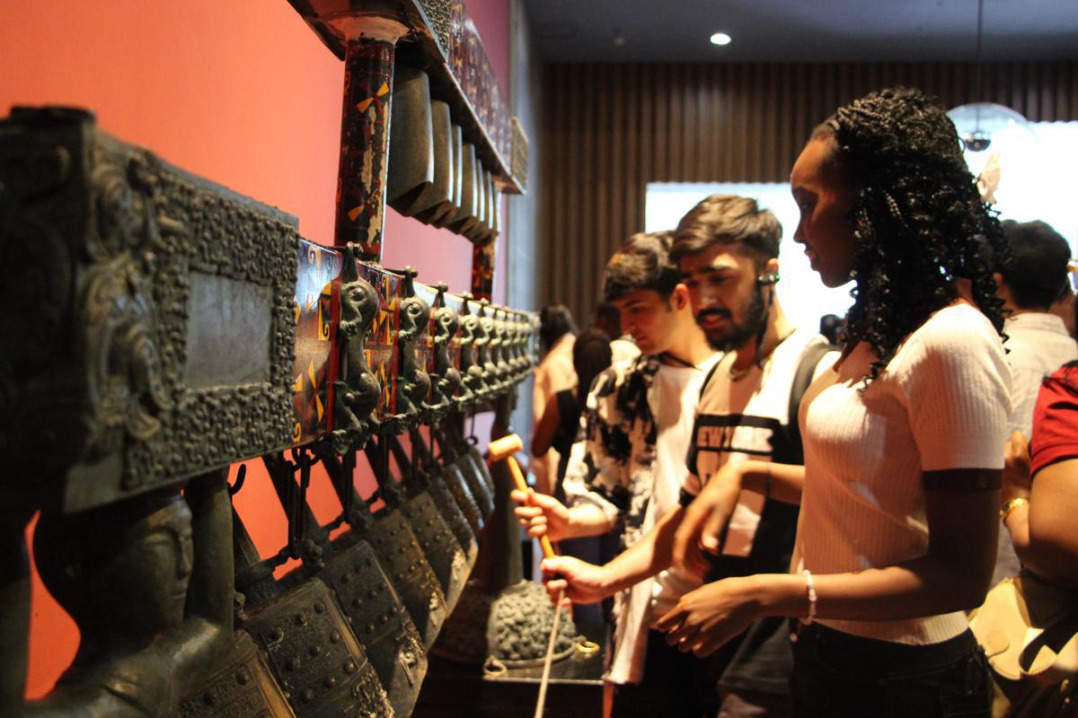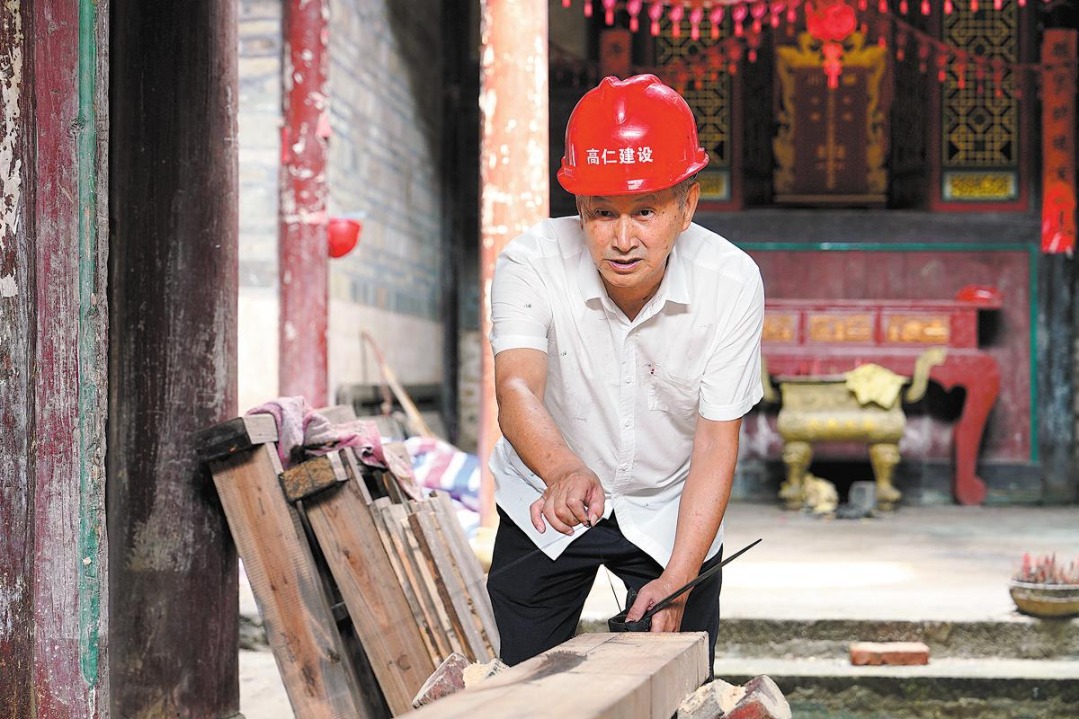Experts propose park at China sunken treasure excavation site

CHENGDU -- Chinese cultural heritage preservationists have proposed building a park at the site where relics of of a historical uprising were excavated this year.
Archeologists announced last week that they had excavated more than 30,000 relics from the Jiangkou stretch of the Minjiang River in Meishan city, Southwest China's Sichuan province.
Research institutes and universities said the site should be identified as the ruins of an ancient battlefield and a park should be established to combine significant historical, artistic, scientific, social and cultural value.
Coins, jewelry, domestic objects such as silver spoons and mirrors, porcelain plates, and iron weapons including swords, knives and spears were among the retrieved items.
Characters carved on some relics were directly linked to the Daxi regime established by Zhang Xianzhong, leader of a peasant uprising at the end of the Ming Dynasty (1368-1644).
Legend has it that Zhang was defeated by Ming soldiers while attempting to transfer his large haul of treasure south. About 1,000 boats loaded with money and assorted valuables were said to have sunk in the battle. The rich findings suggest that there may be some truth to the legend.
- CPC members work against the clock to restore normal life in rain-hit Hunan
- Ceremony commemorates legendary ancestor of the Chinese civilization Fuxi
- Former KMT chair leads Taiwan delegation to honor Fuxi, Chinese culture
- Shanghai conference discusses occupational mental health in China
- Qingdao Summit strengthens global ties through multinational cooperation
- Chinese vice-premier calls for championing humanity's common values, promoting multipolar world





































